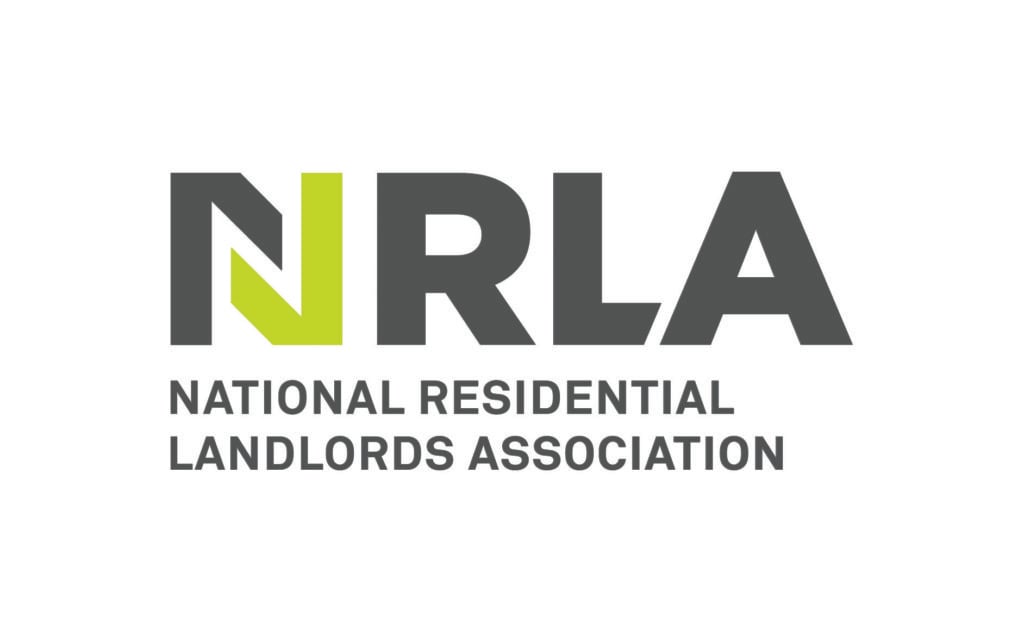
0:01 AM, 7th July 2020, About 5 years ago
Text Size
Young people in private rented housing will be especially vulnerable to losing income and potentially their jobs as the furlough scheme scales down.
Polling for the National Residential Landlords Association shows that 24% of private renters aged 16-24 and 27% of those aged 25-34 are reliant on the Coronavirus Job Retention Scheme. This compares with around 17% of all millennials aged 19-39 according to the Resolution Foundation.
From August the scheme will begin to require employers to pay National Insurance and pension contributions whilst the Government’s subsidy, currently 80% of wages, will fall to 70% in September and 60% in October.
The figures, produced by research consultancy Dynata, also highlight that young renters have taken the largest hit to their incomes of any age group. Whilst 56% of 16-24 year olds and 54% of 25 to 34 year olds said that their incomes had not been affected as a result of COVID-19, this rises to 62% for 55-64 year olds, 76% for those aged 65-74 and 94% for those over the age of 74.
Despite this, 84% of 16-24 year olds and 87% of those aged 25-34 said that they had been able to pay their rents as usual, showing how reliant they are on Government support to make ends meet. As the furlough scheme is wound down, many young renters would struggle to afford their rents where they are reliant solely on benefits.
Ahead of the Coronavirus Job Retention Scheme being phased out, the NRLA together with the homeless charities Crisis and Centrepoint are calling on the Government to boost the safety net available to young renters in three ways:
Ben Beadle, Chief Executive of the National Residential Landlords Association, said:
“Young renters have borne the brunt of the COVID crisis. Many have relied on the furlough scheme to enable them to pay their rent. As this support reduces there is a serious danger that they will struggle to meet their payments.
“The vast majority of landlords approached for help by their tenants have responded positively and that will continue to be the case as they do all they can to sustain tenancies.
“But both tenants and landlords need the security of knowing rents can continue to be paid, just as with mortgages and rents for social housing. Plans need to be made to ensure that there will be adequate support in place to enable all tenants to continue to afford their housing costs.”
Seyi Obakin, chief executive of youth homelessness charity Centrepoint, said:
“There is now a wealth of evidence that the younger you are, the greater the economic impact of the pandemic will be. The number of young people contacting Centrepoint’s helpline has increased by almost 50% since before the pandemic and our supported accommodation is stretched, but we’ve yet to see clear leadership from ministers on how they soften the negative effects.
“That is why we urgently need to see more government money to help with renting and living costs for those young people facing unemployment or reduced incomes and a better support package to help those newly out of work stay economically active. There are no simple solutions here, but business as usual is not good enough. We cannot leave young people to navigate this post-lockdown world alone.”
Jon Sparkes, Crisis Chief Executive, said:
“In our society everyone should be able to rent a safe, affordable home where they can thrive. So, it’s extremely worrying that over the coming months we may see a wave of young people losing their homes, as government support is rolled back, unless further action is taken.
“We know that across the country thousands of young people are bracing themselves for the anxious months ahead as they struggle to pay high rents on reduced hours and low wages. This is set to become all the worse when the eviction ban comes to an end next month.
“It’s crucial that we now focus our attention on ensuring that thousands of renters get the help they need to stop them from being swept into homelessness. That’s why we’re urging the government to permanently invest in housing benefit and suspend the benefit cap, so that people can afford a safe and secure home.”
Previous Article
Best way of Developing?Next Article
BTL product options on the increase